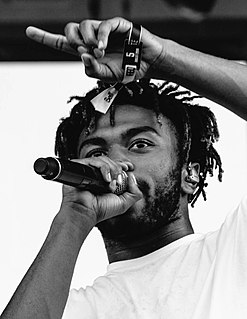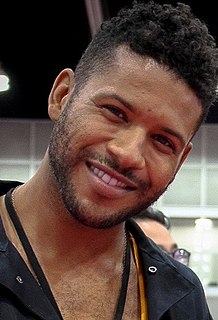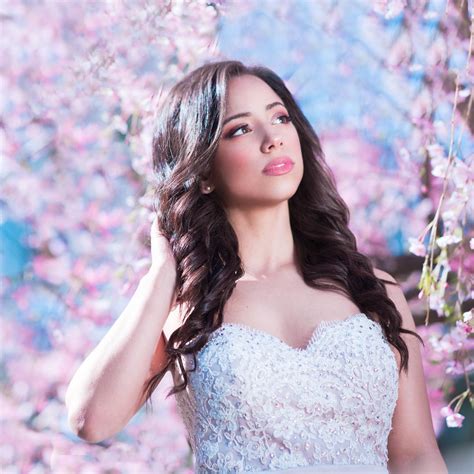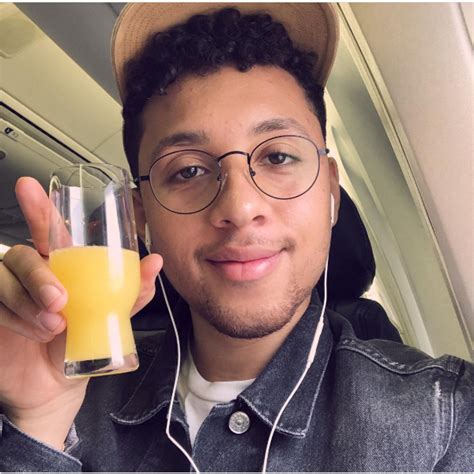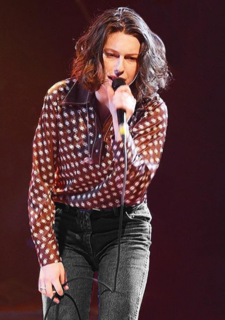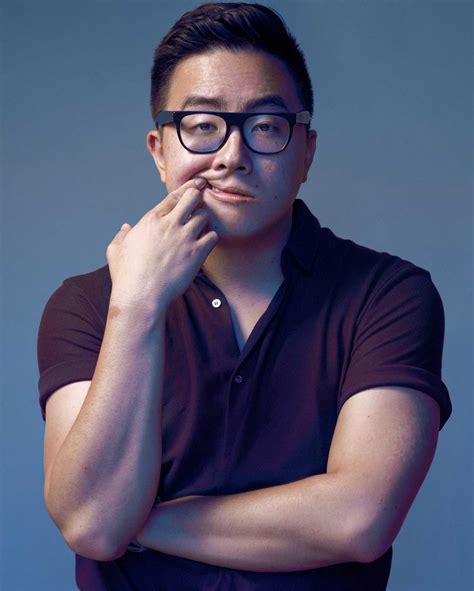A Quote by Rita Mae Brown
The only queer people are those who don't love anybody.
Related Quotes
People often ask me why I choose to primarily play queer characters, and my answer is that as a queer man, I choose to align myself with projects in which I can be of service for a purpose greater than myself: to be for an audience of queer people of color, something I didn't have the privilege of seeing as a young man.
A lot of artists I like end up being queer. Or maybe it's a subconscious thing that you can identify of, like, 'Oh this person understands the nuances of the romantic narrative of a queer person, or the social narrative of a queer person.' And then you discover, lo and behold that they are a queer person.
I think that there are all these amazing figures in our history - the Bowies, the Tina Turners, the Chers, the people who are, in many ways, genderless or represent 'the other' - and I want pop music, and other queer artists - Kehlani, Perfume Genius - these people are bringing queer narratives into people's minds.
A lot of different people under the queer umbrella come together but Like there's something inherently queer about the heist genre, in some way. It's about just flying under the radar and procuring something furtively or, you know, that thing that is just so fun and high-stakes in the way that a lot of queer experiences are.



